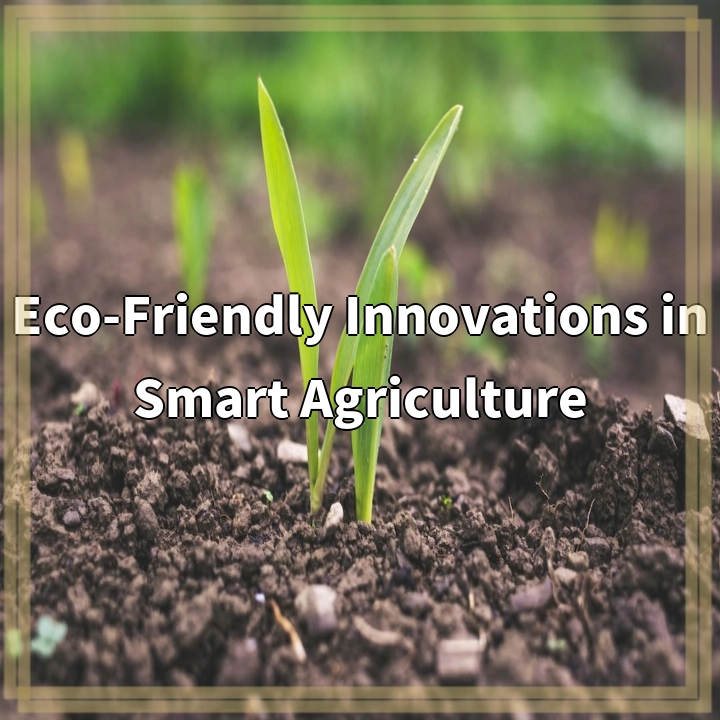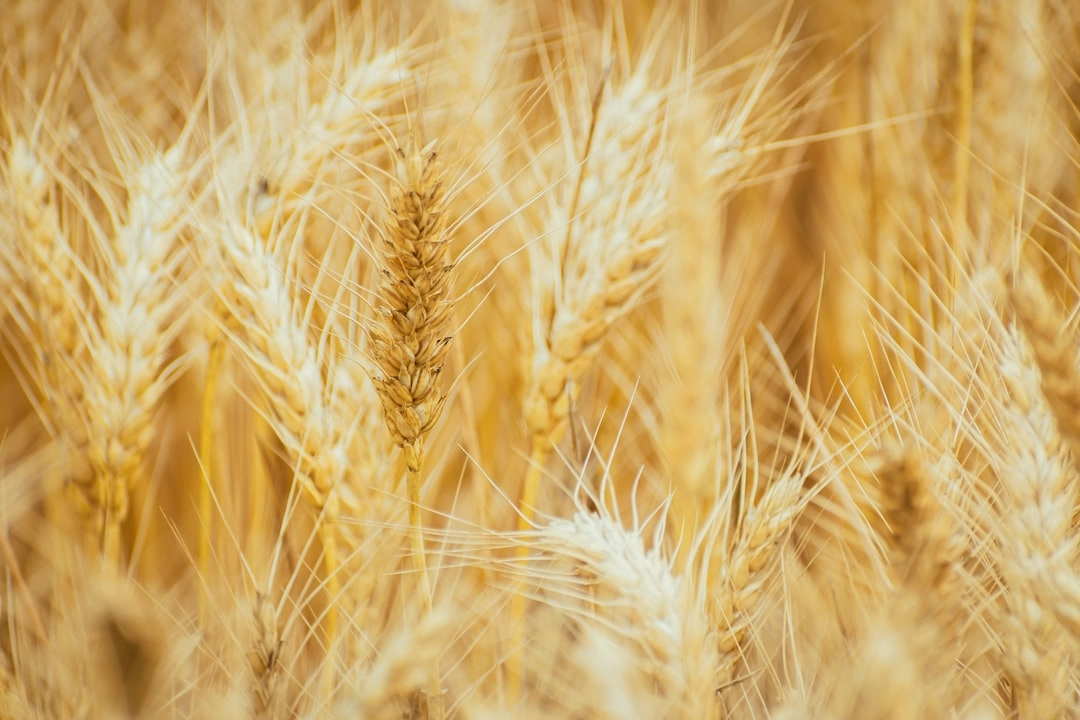
What is Eco-Friendly Innovations in Smart Agriculture?
Eco-friendly innovations in smart agriculture refer to the application of advanced technologies and sustainable practices to enhance agricultural productivity while minimizing environmental impact. This approach combines the principles of precision farming, Internet of Things (IoT), data analytics, and ecological stewardship to create a more sustainable and resource-efficient agricultural system.
Real-World Problems Associated with Eco-Friendly Innovations in Smart Agriculture
Despite its significant potential, the adoption of eco-friendly innovations in smart agriculture faces several challenges and real-world problems. These include:
1. Cost and Affordability:
Implementing smart agriculture technologies can require substantial financial investment, making it less accessible to resource-constrained farmers. The high cost of sensors, drones, and other IoT devices, as well as the need for specialized training, can act as barriers to adoption.
2. Connectivity and Data Management:
Smart agriculture heavily relies on data collection, analysis, and communication. However, many rural areas, especially in developing countries, face challenges in terms of internet connectivity and infrastructure. Limited access to reliable networks can hinder the full potential of smart agriculture systems.
3. Education and Awareness:
Farmers need to be adequately educated and aware of the benefits and functioning of eco-friendly innovations in agriculture. Lack of knowledge and awareness about smart technologies, their deployment, and potential benefits can create resistance to change and slow down the adoption process.
4. Cybersecurity Risks:
As smart agriculture relies on connectivity and data transmission, there is an increased vulnerability to cybersecurity threats. Breaches in data privacy and unauthorized access to farming systems could undermine the trust in these technologies and hinder their widespread adoption.
5. Technical Support and Maintenance:
It is essential to have reliable technical support to ensure smooth operation and maintenance of smart agriculture systems. Farmers need access to skilled technicians who can address any technical issues or glitches that may arise and provide necessary support during implementation and throughout the farming season.
Addressing these real-world problems is crucial for the successful implementation and widespread adoption of eco-friendly innovations in smart agriculture. Through cooperation between stakeholders, policymakers, and the farming community, these challenges can be overcome, unlocking the full potential of sustainable and efficient farming practices.

Solutions for Eco-Friendly Innovations in Smart Agriculture
To address the real-world problems associated with eco-friendly innovations in smart agriculture, several solutions can be implemented. These include:
1. Government Support and Funding:
Governments can offer financial incentives and subsidies to promote the adoption of smart agriculture technologies. By providing support for research and development, training programs, and infrastructure development, governments can make these innovations more affordable and accessible to farmers.
2. Improved Connectivity and Infrastructure:
Efforts should be made to enhance internet connectivity and communication infrastructure in rural areas. This could include expanding network coverage, improving broadband speeds, and investing in technologies that enable reliable information exchange, ensuring seamless implementation of smart agriculture systems.
3. Education and Training:
Educational initiatives and training programs should be developed to educate farmers about the benefits, functionality, and proper use of smart agricultural technologies. By creating awareness and providing the necessary knowledge and skills, farmers can feel more confident in adopting and utilizing these innovations effectively.
4. Cybersecurity Measures:
To address cybersecurity risks, robust measures should be implemented to protect data privacy and ensure the integrity of smart agricultural systems. This includes employing encryption techniques, regular security audits, and educating farmers about best practices for maintaining data security.
5. Technical Assistance and Support:
Establishing accessible technical support networks can assist farmers in resolving any technical issues or challenges they may encounter. Providing on-site assistance, remote troubleshooting, and proactive maintenance can help farmers overcome barriers and ensure smooth operation of smart agriculture systems.
By implementing these solutions, the adoption of eco-friendly innovations in smart agriculture can be encouraged and supported, leading to more sustainable and efficient farming practices that minimize environmental impact while enhancing productivity.















